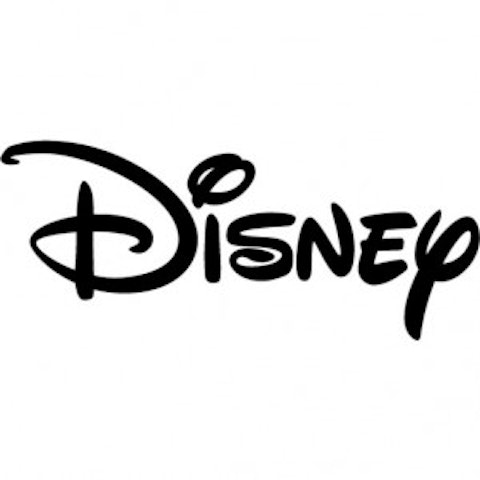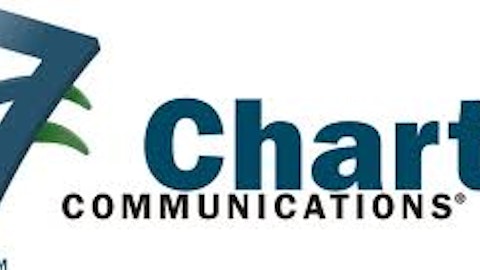You know the old adage buy low and sell high? When it comes to corporations, sometimes they like to buy low and keep buying even after the stock has increased in value. The company in question here is The Walt Disney Company (NYSE:DIS), which just announced a $6 to $8 billion stock repurchase plan for fiscal year 2014. While a large stock buyback should be seen as a big positive, there are several reasons investors should question the move.
Want to increase your stock price? Announce a buyback!
One of the problems with a company pre-announcing a stock repurchase plan is investors immediately bid up the shares. All things being equal, fewer shares means the remaining shares should be more valuable. However, on this announcement, The Walt Disney Company (NYSE:DIS) stock added over $3 billion in market value on a day when the overall market was basically flat.

It would be one thing if The Walt Disney Company (NYSE:DIS) operated a virtual monopoly and its earnings growth was essentially guaranteed. However, Disney faces stiff competition around every corner. From television shows to movie releases to theme parks Disney has to contend with several large and established competitors.
The point is the value of the stock should be determined by a combination of expected earnings growth, current price, and announcements. The bottom line is the stock buyback should be a good thing for investors, but it’s not a guarantee of future returns.
The power of the mouse
It would be crazy to suggest that The Walt Disney Company (NYSE:DIS) isn’t a strong company. In fact, stock buybacks are nothing new to the Mouse House. Disney has repurchased between $1.5 and $3.8 billion in shares each of the last three years.
In addition, The Walt Disney Company (NYSE:DIS) sports the best operating margin of its peers without a cable business. Disney competes against the likes of Time Warner Inc (NYSE:TWX), Comcast Corporation (NASDAQ:CMCSA), and CBS Corporation (NYSE:CBS). The biggest difference between these four companies is Comcast is the only one that owns the pipes (cable) as well as the content.
Since Comcast Corporation (NASDAQ:CMCSA) operates a high-margin cable business, its operating margin is higher than the rest at 33.34% in the last quarter. By comparison, Disney managed an operating margin of 28.94%, while CBS Corporation (NYSE:CBS) came in at 19.47% and Time Warner Inc (NYSE:TWX) reported a margin of 20.32%. As you can see, without the benefit of a high-margin cable business, Disney is crushing its competition when it comes to the efficiency of its business.
On top of carrying a high margin, Disney also has the lowest debt-to-equity ratio of the group at just 0.28. When you consider that CBS’ ratio is 0.62, Time Warner Inc (NYSE:TWX) is at 0.64, and Comcast Corporation (NASDAQ:CMCSA) is at 0.89, you can see the relative strength of Disney’s balance sheet. So if Disney can afford to leverage its balance sheet and make huge share repurchases, why is that a bad thing?
This business is far from perfect
One of the issues with announcing a large share buyback is the increase in the value of the stock can immediately mean less bang for the company’s buck. A perfect example is last fiscal year, when Disney bought back about $2 billion in stock. However, in its current earnings, the company’s diluted share count is actually 0.61% higher than the previous year.




